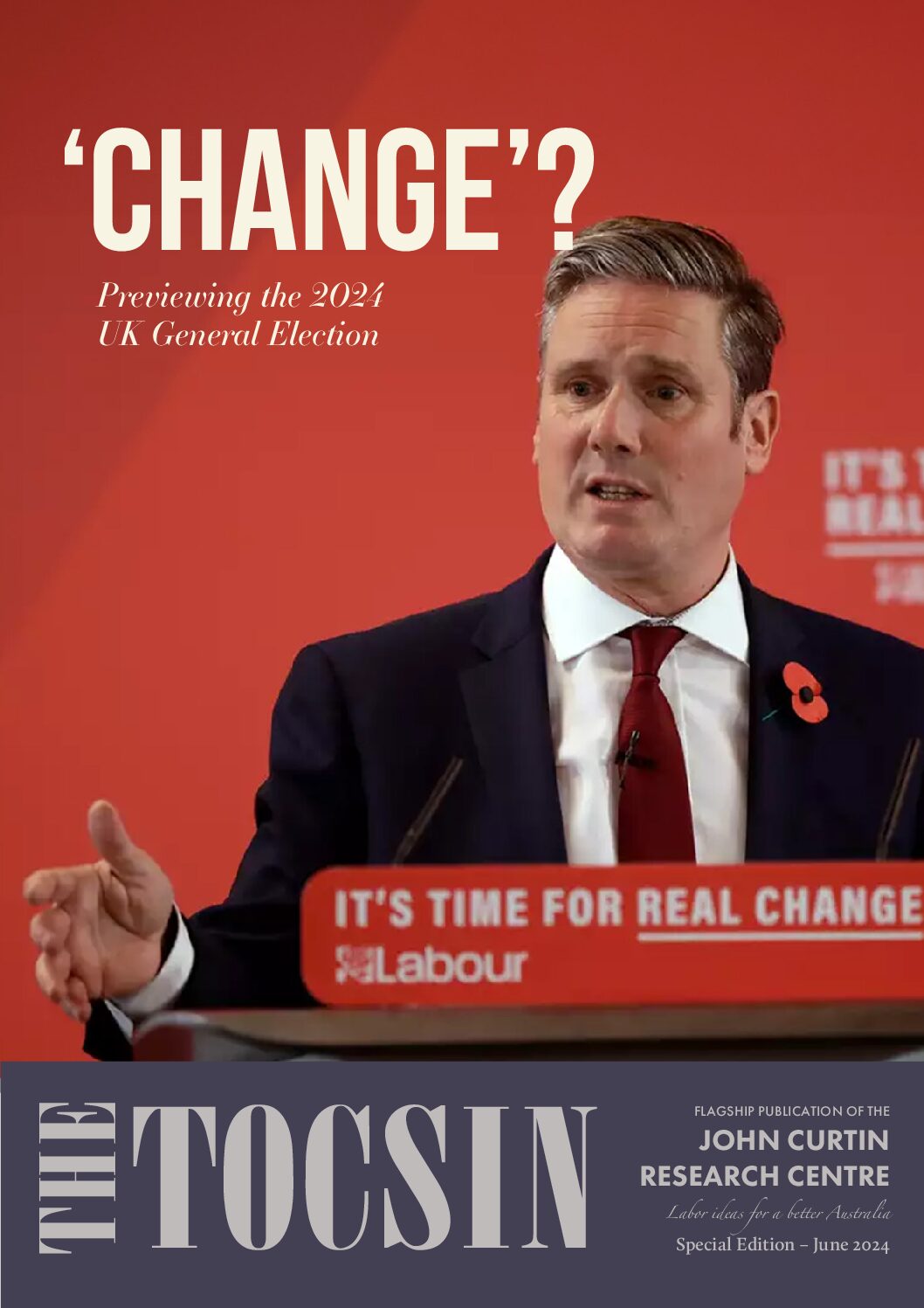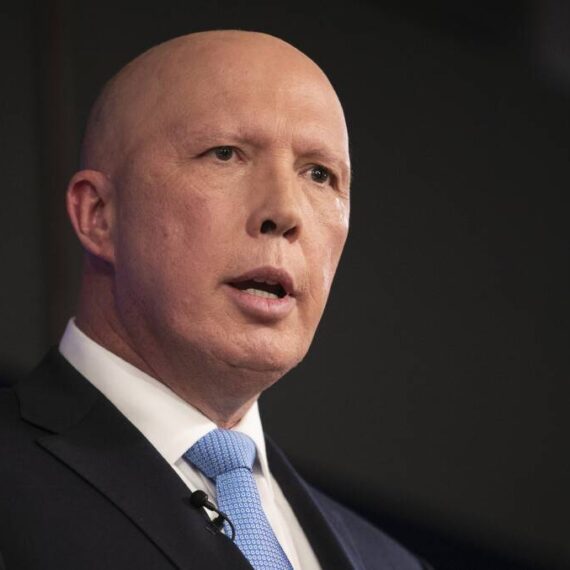The great hope of the Labor Party has become what he once despised
On 26 August 2002, an ambitious, outspoken federal Labor shadow minister rose in the House of Representatives to rail against “the new political correctness” of the “conservative establishment”.
He went on to decry “the hide of these people – the old money interests, the conservative think tanks, the Tory MPs and their fellow travellers in the commercial media”.
“They have spent the last 20 years hopping into the unemployed, Aboriginal communities, newly arrived migrants and anyone else at the bottom of the social ladder, and now they want civility. This is the height of hypocrisy. They want civility on just one side of the political fence: the sort of civility by which George Pell is automatically declared innocent, while Justice Michael Kirby and other social reformers are slandered in the Senate; the sort of civility whereby big business is allowed to regulate itself, while the rest of society receives a truckload of mutual obligation; the sort of civility where the work ethic of the royal family is beyond question, while the member for Warringah can call young unemployed Australians ‘job snobs’. For the establishment, civility is a way of preserving the social pecking order. It helps the ruling class to avoid public scrutiny and accountability. It tells working people to accept their lot in life, without challenging the power and privilege of the Tory elite.
He continued, tilting at the conduct of the right-wing commentariat, and adding, “On the Labor side of politics, we believe in the richness of human nature – that social stability need not be incompatible with the values of compassion and creativity … People are not one-dimensional. Social cohesion, compassion and creativity can co-exist.” For good measure, he singled out the Australian’s Janet Albrechtsen. “Who is she to lecture people on civility? She is someone who hates feminism, describing other women as ‘totalitarian’ and ‘self-obsessed’ just because they support paid maternity leave. She is someone who uses terms such as ‘F…wittage’ in her columns. So much for civility.”
Mark Latham has come a long way – or very little, depending on one’s point of view – since his days as the book-writing, ideas-hungry, Tory-fighting Labor member for the seat of Werriwa and later Opposition leader. A very long way since his strident attack on NSW Liberal senator Bill Heffernan, who had accused Michael Kirby of being not fit and proper to sit in judgement on child sex-abuse cases on account of his sexuality.
One is tempted to resist feeding the beast that is Latham’s highly cynical, self-promoting incarnation as a commentator for Sky News. But that would unfairly let off the hook one of the “great fraud[s] of Australian politics”, to borrow a Latham phrase.
No target was out of reach for Latham. His mantra of wanting to “build the ladder of opportunity” for all Australians and widen “the mateship circle” to include women, Indigenous Australians and same-sex couples morphed into escalating abuse. One day it was Kristina Keneally, the next Lisa Pryor or Rosie Batty, Wendy Harmer, the wife of Sky News presenter Peter van Onselen, the daughter of the Reserve Bank governor and various elites – typically “left feminists” (there is a pattern here). Oh, and the “gay lobby”. He also described a Sydney Boys High School student who took part in an International Women’s Day video as “gay”.
Herein lies the rub. For all of his gripes about the modern left’s pursuit of identity politics, and there is a grain of truth to some of his analysis, Mark Latham is obsessed with it. As he himself said last year, “Only a small fraction of voters live their lives through identity politics.” And this is the real tragedy of Mark Latham. Having come early – too early – to the job of leader of the Labor Opposition, and led the party to a demoralising defeat in 2004, he is consumed with anger, bitterness and a desire for revenge, notwithstanding his occasionally valuable contributions to the public debate, including to this organ and its brethren.
Ask yourself this: when was the last time Latham spoke out about economic inequality or even stimulating economic growth? Or the collapse of blue-collar jobs, especially for the denizens of western Sydney and suburban Australia? Or the casualisation and Uberisation of our workforce? Or stagnating wages and dodgy employers ripping off mainly young workers? Or corporate tax evasion? He took a shine to advocating for climate-change action a few years ago, but that too seems to have fallen by the wayside. Where are his policy solutions in regards to the challenges of automation or energy policy? What is his plan for revitalising social democracy in the 21st century, beyond spewing bile and lamenting its supposed decline into “a divisive, segregationist brand of identity fascism”? Zero, zilch, zip, nada, nothing.
Yesterday Sky News sacked Mark Latham. It is not a cause for celebration but another chapter in an ongoing tragedy. The man hailed as the great hope by some within Labor’s ranks during the 1990s and beyond has become a caricature, a poster boy for the hypocritical, uncivil, bullying political tendency he passionately opposed as a young politician. “I despair for what our nation has become,” Latham wrote in yesterday’s Daily Telegraph. Mark, one ventures to say that the Labor people who once wanted you to succeed despair for what you’ve become.





